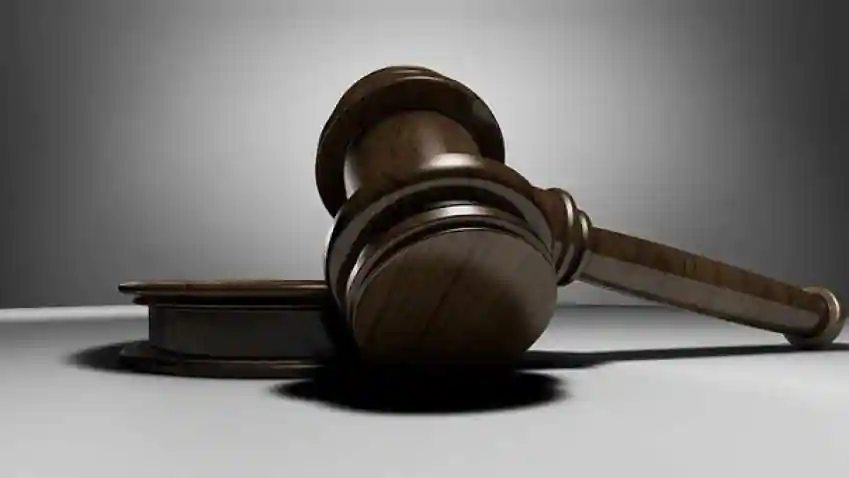In this instance Bombay HC, directs a wifw . Working as a teacher to pay Rs 3000 maintenance to her Husband by directing the school principal to deduct Rs 5000 frrom her salary towards unpaid maintenance since August 2017. Whereas Justice Bharati Dangre rejects wife’s contention that since the couple’s marriage had ended.
14. A conjoint reading of both the provisions, would reveal that both the sections in the Act of 1955 are enabling provisions and confer a right on the indigent spouse to claim maintenance either pendente lite or in the nature of permanent alimony and maintenance.15. The words applied in Section 25 of the Act of 1955 permit any court exercising jurisdiction under this Act, i.e. under Sections 9 to 13, at the time of passing any decree or at any time subsequent thereto, on an application made to it, by either of the spouse pay to the applicant for her/his maintenance, either gross sum or monthly or periodical sums for not exceeding the life of the applicant, having regard to the income and the other property, etc. The term used “at any time subsequent thereto” cannot be made redundant, by giving constricted meaning to the words “wife or husband”, applied in Section 25 of the Act of 1955 and this can be said so, in the wake of sub-sections (2) and (3) of Section 25, which empower the court to vary, modify or rescind the amount of permanent alimony and maintenance as awarded under sub-section (1) and, on existence of the circumstances set out in sub-section (3), order granting permanent alimony and maintenance can be varied and modified or rescinded as the court may deem just and proper. Sub-sections (2) and (3) of Section 25 are thus indicative of the fact that if at the time of decree, an application is made or at any subsequent time of the passing of the decree, an application is made, claiming maintenance by either of the spouse, the court is empowered to grant the claim, which is just and proper and the payment can be secured if necessary, by creating charge on the immoveable property of the respondent. If sub-section (1) is given a restrictive meaning as attempted to be canvassed by Mr. Thombre, then the words used “at any time subsequent thereto” would become redundant, which cannot be the intention of the legislature. The legislature does not use the words in vacuum and when it specifically permits the exercise of power of granting permanent alimony and maintenance on the court exercising jurisdiction under the Act, at the time of passing of the order or at any time subsequent thereto, it is open for the court to grant such maintenance at the time of passing the decree or even subsequent to the decree being passed. The provision cannot be read to constrict it, if the relationship between the husband and the wife is severed and as per Mr. Thombre, on divorce, they no longer remain husband and wife. Section 25 is not only restricted to a decree of divorce, but the decree can also be for restitution of conjugal rights under Section 9, the decree can also be for judicial separation under Section 10 or the decree can also be for divorce under Section 13 or the decree can also be for a divorce by mutual consent under Section 13B. In the contingency other than the one covered by a decree of divorce, the parties are still husband and wife, when a decree for restitution of conjugal rights or judicial separation is passed. The scope of Section 25, therefore, cannot be restricted by holding that on divorce / dissolution of marriage, the wife or the husband cannot bring such proceedings.
18. In the wake of the above observations, since Section 25 has to be looked upon as a provision for destitute wife/husband the provisions will have to be construed widely so as to salvage the remedial intailments, the contention of the learned counsel cannot be accepted and it is open for the court to decide the application filed by the husband under Section 25 of the 1955 Act, seeking monthly maintenance, by way of final proceedings, pending which, the application for interim maintenance filed under Section 24 of the Act of 1955, has been rightly entertained by the learned Judge and the husband has been held entitled to interim maintenance while the proceedings under Section 25 are pending.


